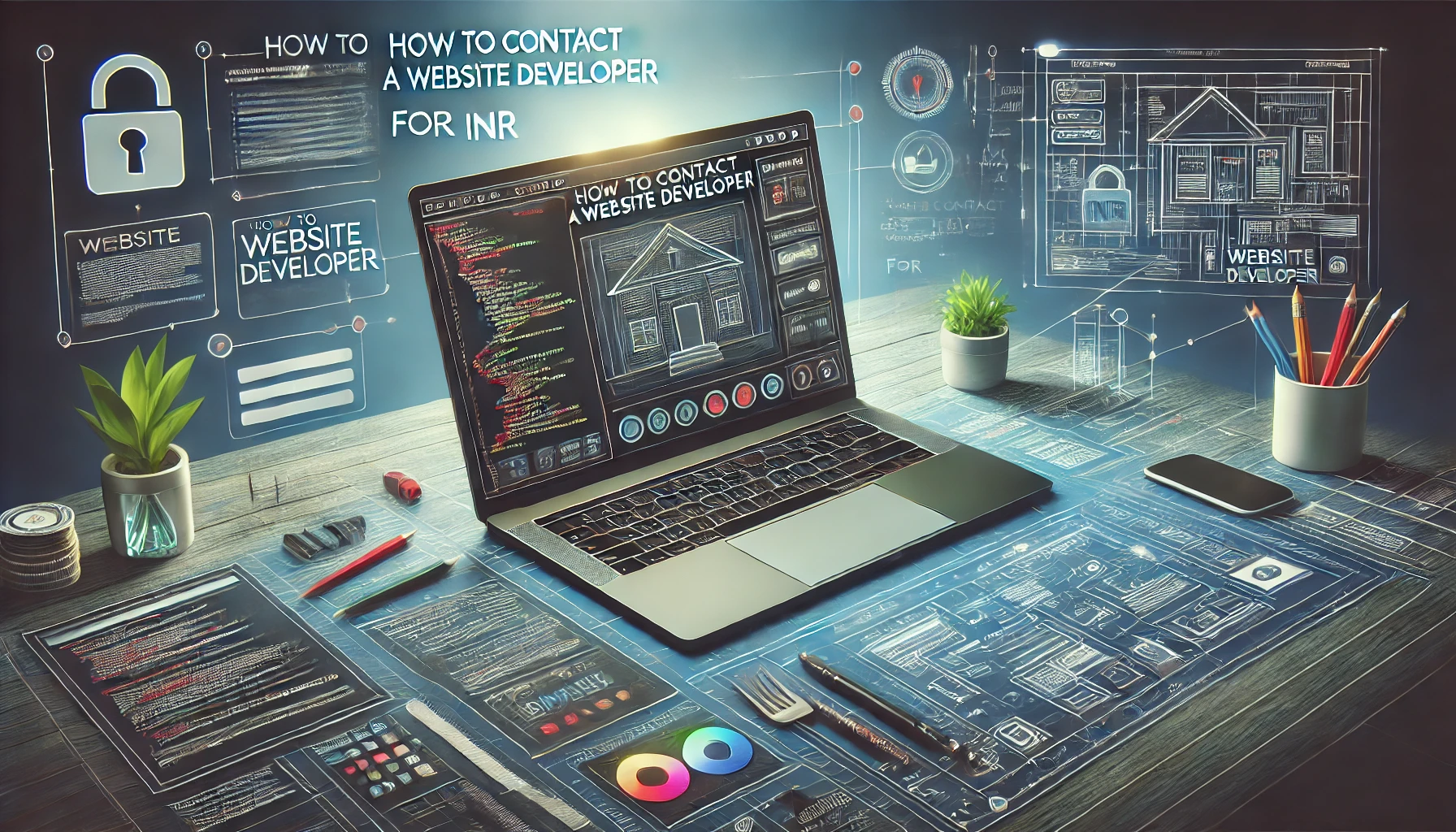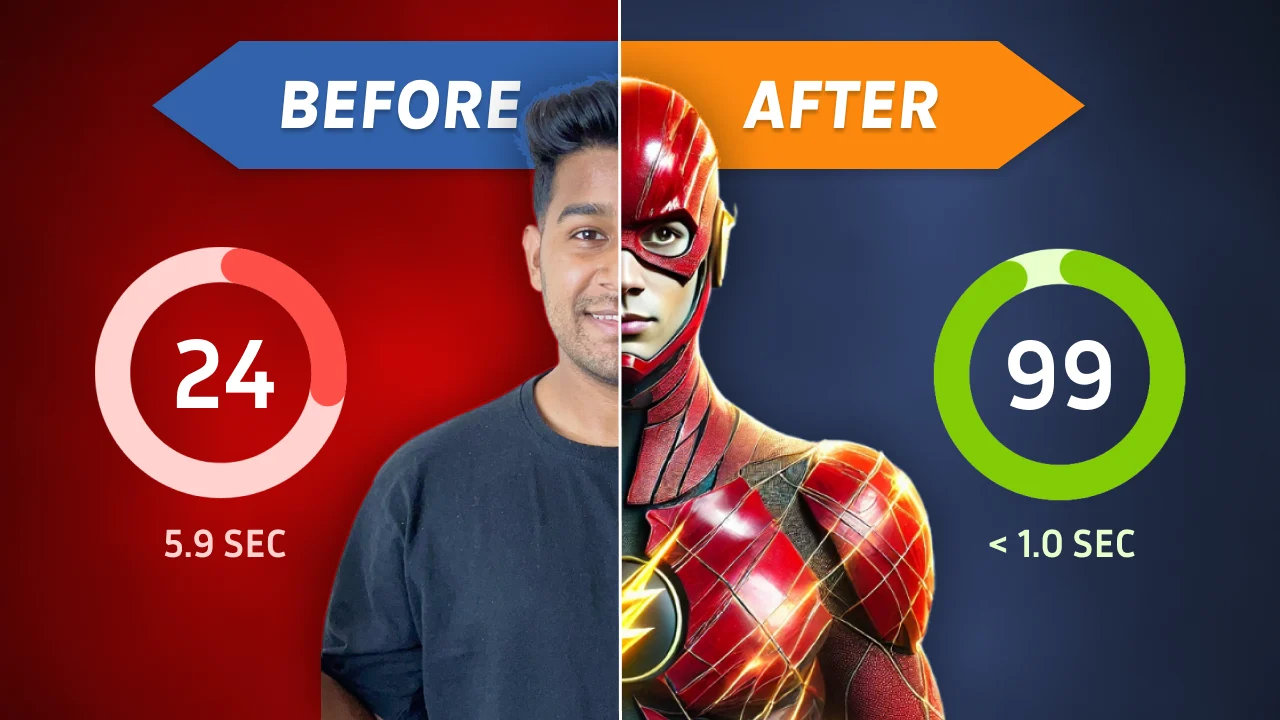Introduction
In today’s digital world, having a strong online presence is crucial for any business. Whether you are a startup, a growing business, or an individual looking to create a website, finding the right website developer is an essential step. But how do you ensure that you hire a developer who understands your needs, delivers on time, and brings expertise to the table? In this article, we’ll guide you through the process of finding a reliable website developer, what to expect when reaching out, and how to make sure your communication leads to a successful collaboration.
Why Do You Need a Professional Website Developer?
A website serves as the face of your business in the digital world. But it’s not just about having an online presence; your website needs to perform well, be user-friendly, and align with your brand’s objectives. Here’s why hiring a professional website developer is essential:
- Expertise in Coding & Design: Developers have in-depth knowledge of languages like HTML, CSS, JavaScript, and frameworks such as React or Angular, which are crucial for building functional websites.
- SEO Optimization: A developer ensures your website is optimized for search engines, which improves visibility and drives organic traffic.
- User Experience (UX): They create designs that not only look good but are also intuitive and easy for users to navigate.
- Security & Performance: Website developers ensure that your website is secure from vulnerabilities and optimized for faster loading times, reducing bounce rates.
What Should You Look for in a Website Developer?
When looking for a website developer, it’s important to consider several factors to ensure you choose someone who aligns with your needs.
1. Experience and Portfolio
A seasoned developer will have a portfolio that demonstrates their past work. Review their previous projects to evaluate their design style, coding skills, and the types of businesses they’ve worked with. A diverse portfolio often indicates adaptability and broad expertise.
Real-life Example:
For instance, a local bakery looking to create an online ordering platform should ideally hire a developer who has worked on e-commerce websites. This ensures they have the technical know-how to integrate payment systems and optimize the website for easy browsing.
2. Communication Skills
A website developer must be able to communicate clearly and effectively, especially when discussing project timelines, goals, and expectations. Having strong communication skills will make the development process smoother and more transparent.
Expert Insight:
In an interview with John Doe, a renowned developer with over 10 years of experience, he mentioned, “Effective communication with clients helps manage expectations and avoids misunderstandings. It’s critical for the success of any project.”
3. Specialization vs. Generalization
Website developers can either be specialized (front-end, back-end, or full-stack developers) or generalized. Understanding what you need (a simple landing page, e-commerce store, or complex web application) will guide you in selecting the right type of developer.
How to Find a Reliable Website Developer?
There are several ways to find a trusted website developer, whether you prefer to hire through agencies, freelancers, or even personal recommendations. Here’s how you can start your search:
1. Freelance Platforms
Platforms like Upwork, Fiverr, and Freelancer.com are great places to find skilled website developers. These platforms allow you to view ratings, reviews, and the developer’s portfolio, making it easier to make an informed decision.
2. Ask for Referrals
Word-of-mouth recommendations are invaluable. Ask other businesses, colleagues, or friends if they’ve worked with a website developer they would recommend. This adds a layer of trust because you’re hearing directly from someone who has experienced their work.
3. Online Communities and Forums
Participating in online forums, such as Reddit’s r/webdev, or LinkedIn groups, can help you connect with professionals. These spaces often have active discussions and recommendations from people within the tech community.
4. Social Media
A website developer’s presence on platforms like LinkedIn or Instagram can provide insights into their work ethic and past projects. These platforms can be a great way to gauge whether their work aligns with your needs.
How to Effectively Communicate with a Website Developer
Once you’ve identified a website developer, reaching out to them is the next step. Here are some best practices for effective communication:
1. Define Your Project Requirements Clearly
Before reaching out to a developer, it’s important to have a clear understanding of your website’s goals. Are you looking to build an e-commerce site, a blog, or a portfolio? Providing detailed requirements will ensure the developer understands the scope of the project.
Pro Tip: Create a project brief that outlines the features you want (e.g., contact forms, shopping carts, responsive design) and any design preferences you have.
2. Discuss the Timeline and Budget
Be transparent about your project’s timeline and budget. These two elements are critical for the developer to assess whether they can meet your expectations.
Example:
If you’re working on a tight deadline for a product launch, let the developer know upfront. This will allow them to allocate the appropriate resources to your project.
3. Ask for Regular Updates
Asking for progress reports or updates at different stages of the project helps maintain a steady flow of communication and ensures everything is on track.
What to Expect After Contacting a Website Developer
After reaching out to a website developer, here’s what you can expect during the process:
1. Initial Consultation
Most developers will start with an initial consultation to better understand your needs. During this consultation, they will ask questions about your business, your website goals, and any preferences you have for design and functionality.
2. Proposal & Agreement
Once the developer understands the scope of the project, they will present a proposal outlining the cost, timeline, and deliverables. This is typically followed by a formal agreement that both parties sign.
3. Development & Testing
Once the contract is signed, the development phase begins. During this stage, the developer will build the website according to your specifications. Testing is done to ensure functionality, design integrity, and responsiveness across devices.
4. Launch & Ongoing Maintenance
After the website is completed, it will be launched. Many developers offer ongoing maintenance services to ensure your website stays up-to-date, secure, and performs well.
How to Evaluate Website Developers
After the project is completed, evaluating the developer’s work ensures that you’re satisfied with the final product. Here are some key metrics to consider:
- Functionality: Does the website perform as expected? Are all features working correctly?
- Design: Is the website visually appealing and aligned with your brand?
- Speed: Does the website load quickly?
- SEO Performance: Is the website optimized for search engines to drive organic traffic?
Conclusion
Finding the right website developer is essential for building a successful online presence. By following the steps outlined above, from defining your needs to evaluating the developer’s work, you can ensure that your website is built to your specifications and meets your business goals. Remember, communication is key at every stage, and working with the right developer can make all the difference in creating a website that stands out.

